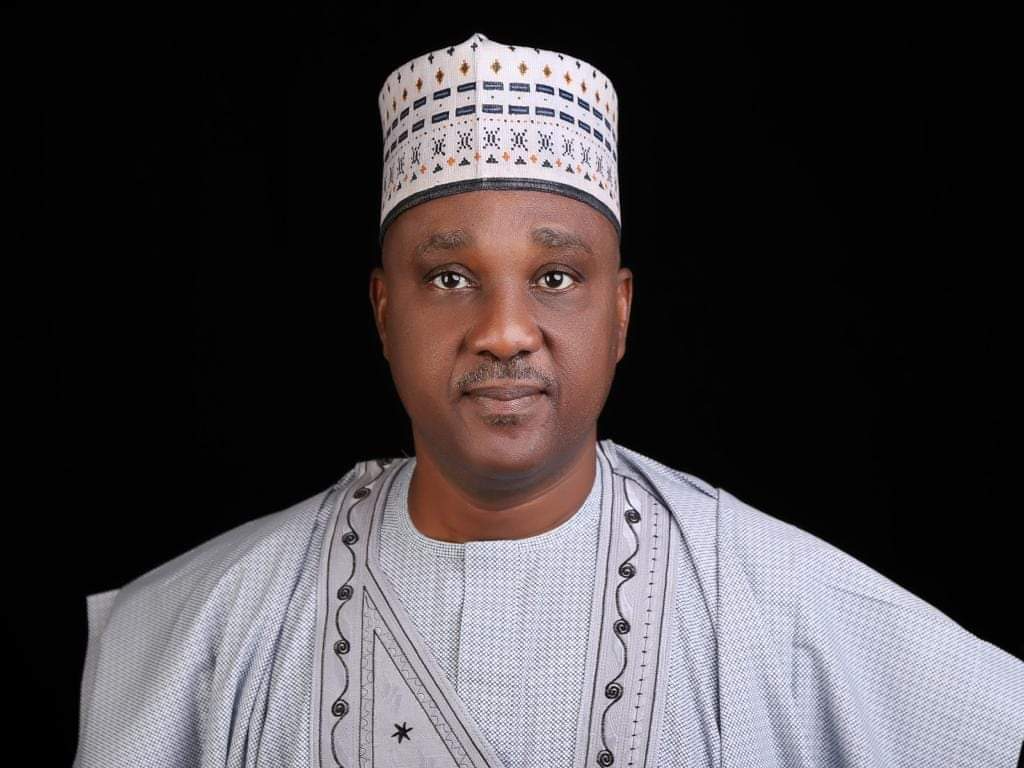The Speaker of the House of Representatives, Abbas Tajudeen, has affirmed the National Assembly’s support for President Bola Tinubu’s borrowing policy, clarifying that lawmakers see borrowing as a legitimate and necessary instrument for national development.
Speaking on Monday in Abuja during the 8th Annual African Network of Parliamentary Budget Offices (AN-PBO) Conference, Abbas addressed recent media reports which suggested unease in the legislature over the country’s rising debt profile. He insisted that such reports misrepresented the House’s stance.
“A speech delivered by the House Leader at the West Africa Parliamentary Conference was mischievously reported out of context, creating the wrong impression that the House of Representatives rejects President Tinubu’s borrowing plan. Such an interpretation is inaccurate and misleading,” he said.
The event, jointly organised by the National Assembly and the National Assembly Budget and Research Office, was themed: “The Role of PBOs in African Parliaments’ Fiscal Oversight: Contribution to the African 2063 Development Agenda.”
Abbas stressed that borrowing, when applied within proper frameworks, is a globally accepted fiscal tool. He noted that President Tinubu had assured parliament that future loans would remain within Nigeria’s medium-term debt strategy and international benchmarks.
According to the Speaker, proceeds from new loans are being directed towards priority sectors such as power, agriculture, and transport — areas aimed at stimulating economic growth and reducing poverty.
“The House is solidly behind the President’s vision of deploying judicious borrowing as a catalyst for development and poverty alleviation, while we strengthen parliamentary oversight,” Abbas stated.
He also highlighted Africa’s fiscal challenges, revealing that Nigeria loses about $18 billion annually to financial crimes — equivalent to 3.8% of its GDP. On a continental scale, this figure reaches $587 billion due to corruption, illicit financial flows, and inefficiencies.
“These leakages undermine our ability to deliver social services. If properly harnessed, these resources could transform education, healthcare, and infrastructure in Africa,” he warned.
Abbas urged Nigeria to take leadership in driving Africa’s development agenda, noting that the country’s 2022 GDP stood at $477 billion. However, he cautioned that persistent poverty and high youth unemployment pose significant risks to sustainable growth.
In a goodwill message, AN-PBO Chairperson Prof. Dumisani Jantjies praised Nigeria’s recent economic reforms, which led to a 3.4% growth rate in 2024 — the strongest in a decade. Still, he warned that inflation and rising poverty could threaten long-term progress.
Jantjies emphasised the critical role of Parliamentary Budget Offices (PBOs) in promoting transparency and aligning national budgets with the African Union’s Agenda 2063: “The Africa We Want.”
The Abuja conference served as a platform for African lawmakers to share experiences and strengthen fiscal oversight mechanisms to support sustainable development across the continent.



